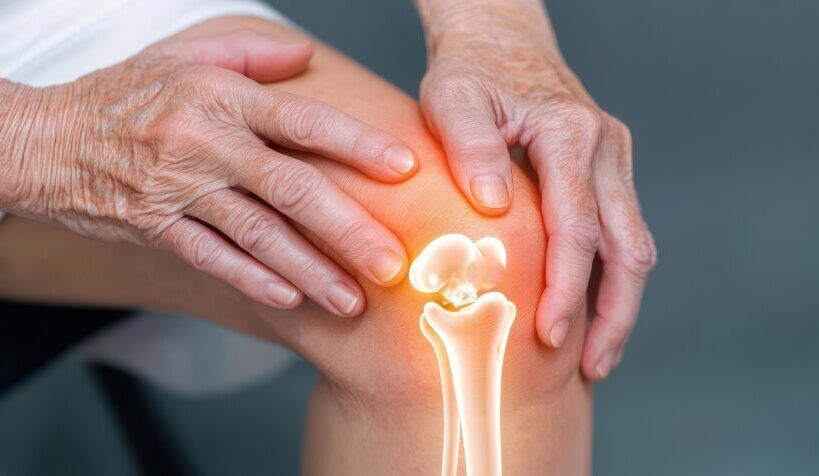Promising New Natural Help for Lupus
- Pilgrim's Market

- Jul 26, 2024
- 1 min read
Lupus is an autoimmune in which your immune system attacks your own body. It affects about 5 million people in the world. While drugs can help manage symptoms, they have myriad side effects. A new study, introduces natural help.
In lupus, the immune system attacks your own tissue and organs, causing inflammation that can damage your joints, skin, blood cells, kidney, lungs, brain and heart. It often causes a distinct butterfly shaped rash on the face.
People with lupus can experience many symptoms, including fever, joint pain, shortness of breath, chest pain, dry eyes, headache and memory loss and confusion. One of the most symptoms people with lupus struggle with the most is fatigue. It affects women more often than men.
People with lupus are often low in vitamin D. Some research has suggested that supplementing vitamin D decreases disease activity and significantly reduces flare ups (J Rheumatol 2013;40:265–72).
Now, a new study suggests that combining vitamin D with curcumin can make it work even better.
The new double-blind study of 45 women with lupus that lasted 3 months gave some of them 400IU of vitamin D 3 times a day, some of them 600mg of curcumin once a day, and some of them both.
Vitamin D and curcumin both worked, but, combined, they worked even better. Scores on the Mexican SLE disease activity score, Fatigue Severity Scale, and markers of inflammation all improved significantly more on the herb-vitamin combination.
This study offers a potential new approach to include in the treatment of lupus.
Current Rheumatology Reviews. January 2024;20(5):586-94.






Comments